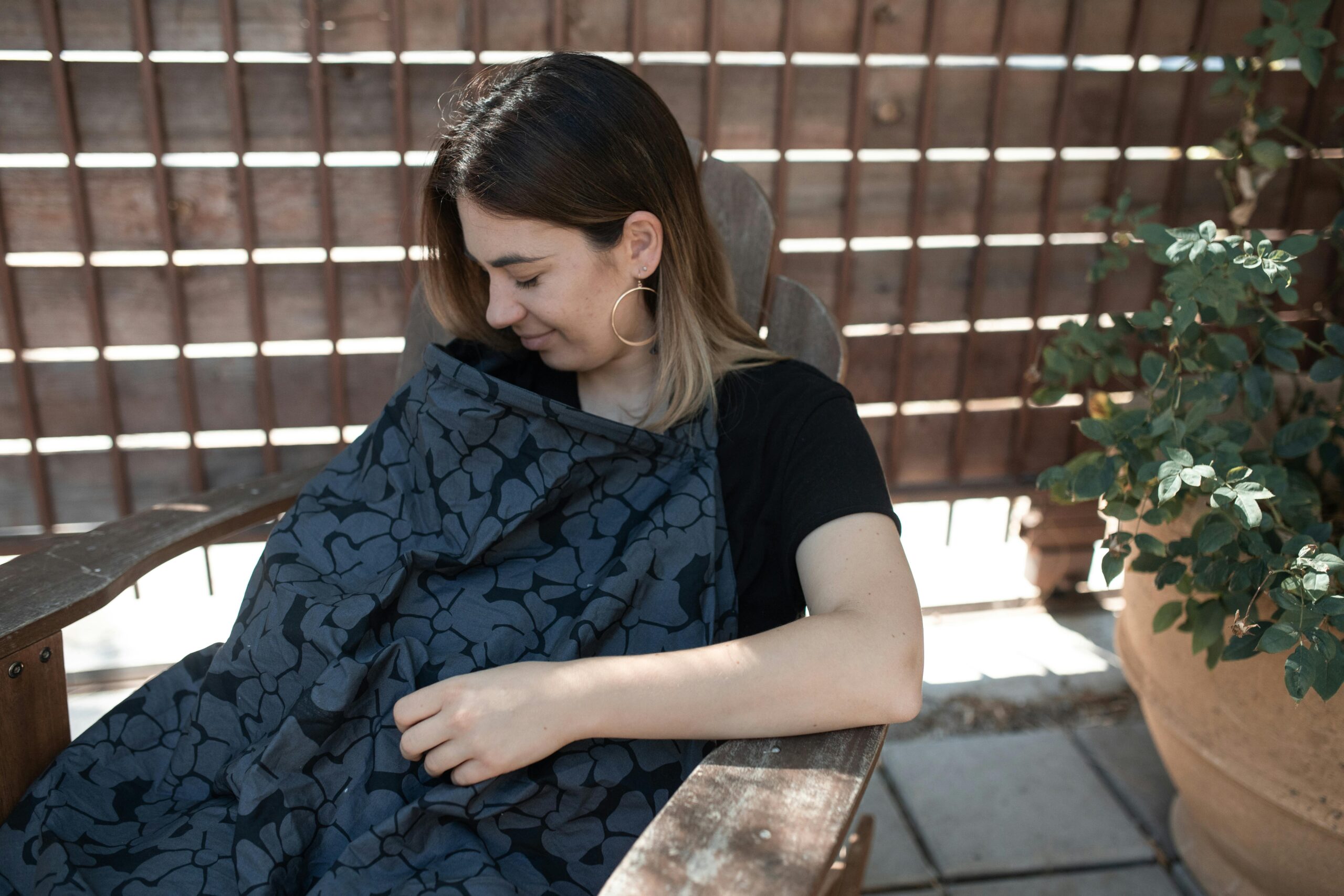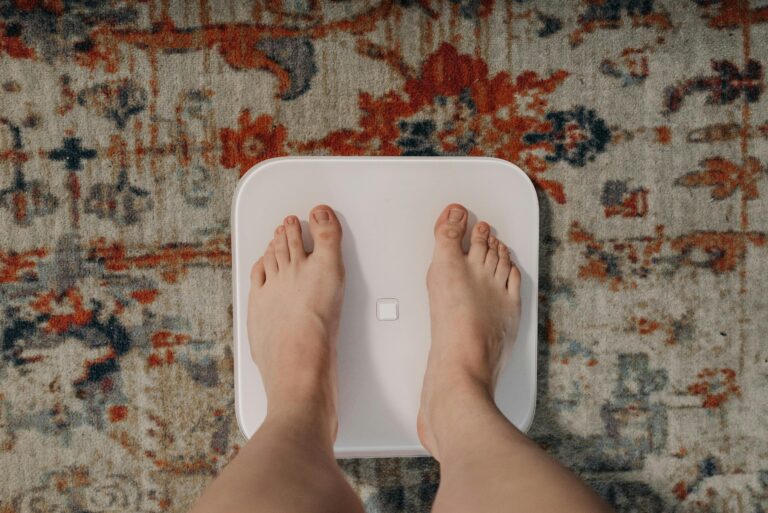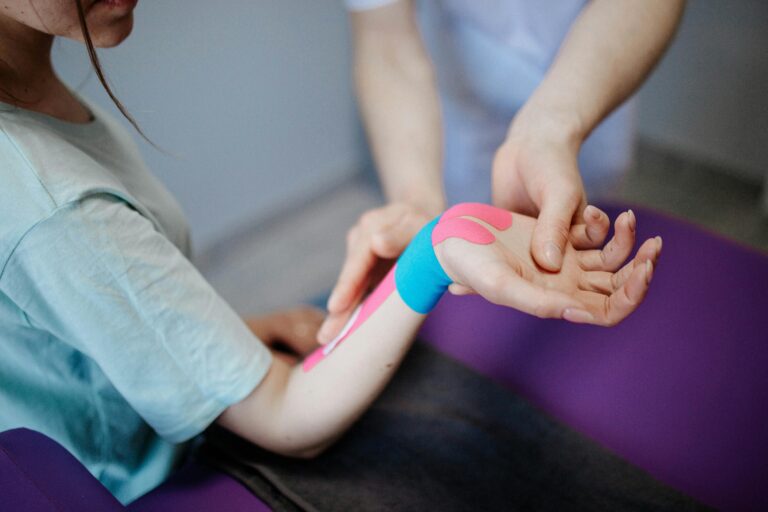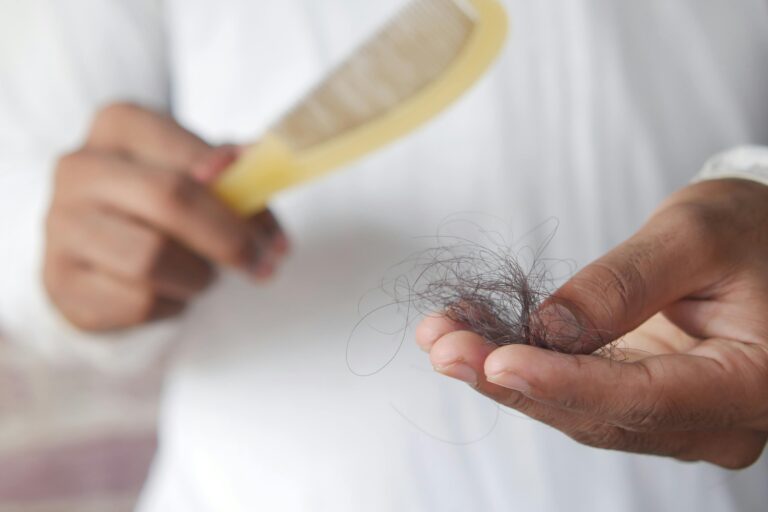Low Estrogen While Breastfeeding Symptoms
Breastfeeding is a unique time in a woman’s life, and it comes with a lot of changes, both physical and hormonal.
One hormone that often shifts during this period is estrogen.
When estrogen levels dip, some women experience symptoms that may feel confusing or concerning.
Let’s break down what low estrogen while breastfeeding looks like, why it happens, and what you can do about it.
What Is Low Estrogen While Breastfeeding?
Low estrogen while breastfeeding means your body is producing less of this hormone than usual.
Estrogen naturally drops after childbirth, especially when you’re nursing.
This is because high prolactin levels (the hormone that helps you make milk) suppress estrogen production.
During breastfeeding, estrogen levels drop because prolactin, the milk-producing hormone, suppresses it.
This can lead to noticeable symptoms like dryness, mood changes, and irregular cycles.
Symptoms of Low Estrogen While Breastfeeding
Some women feel the shift more strongly than others.
Common low estrogen symptoms while breastfeeding include:
- Vaginal dryness or discomfort during intimacy
- Hot flashes or night sweats
- Mood swings, anxiety, or feeling down
- Brain fog or difficulty concentrating
- Low libido
- Irregular or delayed return of periods
- Bone or joint aches
Snippet answer: The most common symptoms of low estrogen while breastfeeding are vaginal dryness, hot flashes, mood changes, brain fog, and delayed return of periods.
Why Does Estrogen Stay Low During Breastfeeding?
Studies show estrogen remains low because your body prioritizes milk production.
Prolactin levels stay elevated as long as you’re nursing frequently, which keeps estrogen and progesterone suppressed.
This is actually part of nature’s design, it helps prevent another pregnancy too soon, though it’s not a foolproof birth control method.
How Long Does Low Estrogen Last While Breastfeeding?
For many women, estrogen stays low until breastfeeding becomes less frequent or stops altogether.
Some may notice gradual improvement as the baby starts eating solids and nurses less often.
Can Low Estrogen Affect Breastfeeding?
Yes, indirectly.
Low estrogen doesn’t reduce your milk supply, but it can cause vaginal dryness, discomfort, or fatigue that affects your overall well-being.
Some women also find low libido or mood changes impact their postpartum recovery experience.
What Can You Do About Low Estrogen Symptoms?
If symptoms are affecting your quality of life, you don’t have to just push through.
Options may include:
- Lubricants and moisturizers for vaginal dryness
- Lifestyle support like better sleep, hydration, and stress management
- Nutrition with foods rich in phytoestrogens (soy, flaxseed, legumes)
- Medical support if symptoms are severe, such as exploring safe therapies with your provider
Always check with your healthcare provider before starting any new treatment, especially while breastfeeding.
When to Talk to a Doctor
If low estrogen symptoms are interfering with intimacy, mental health, or day-to-day life, it’s a good idea to seek medical guidance.
A provider like Women’s Wellness of Mississippi can help determine whether it’s just a temporary hormone shift or if something else may be at play.
Contact us to schedule a consultation today!
FAQs
How do you feel when estrogen levels are low?
When estrogen is low, you may feel tired, moody, foggy, or notice hot flashes, vaginal dryness, or a lower sex drive.
How to balance hormones while breastfeeding?
Balancing hormones while breastfeeding often comes down to lifestyle support, good sleep, stress management, hydration, and nutrition. Some women also find relief with safe, provider-approved options.
Does vitamin D increase estrogen?
Vitamin D doesn’t directly increase estrogen, but healthy vitamin D levels can support overall hormone function and bone health.
Can breastfeeding cause low estrogen?
Yes, breastfeeding naturally lowers estrogen because prolactin, the milk-producing hormone, keeps estrogen levels suppressed.
Can breastfeeding cause hormonal imbalance?
It can. High prolactin paired with lower estrogen and progesterone can create a temporary hormonal imbalance while you’re nursing.
Does low estrogen affect milk supply?
Low estrogen doesn’t directly affect your milk supply. Supply depends more on prolactin levels and how often you nurse.
Will my estrogen return to normal after breastfeeding?
Yes, estrogen typically returns to normal once you reduce nursing or stop breastfeeding.
Can I treat low estrogen while breastfeeding?
Yes, but treatments should be safe for both you and your baby. Non-hormonal options like lubricants, diet changes, and lifestyle adjustments are usually recommended first.
Can I use HRT while breastfeeding?
Most providers avoid prescribing traditional HRT while breastfeeding because estrogen can affect milk supply and pass into breast milk. Always talk with your doctor before considering it.







